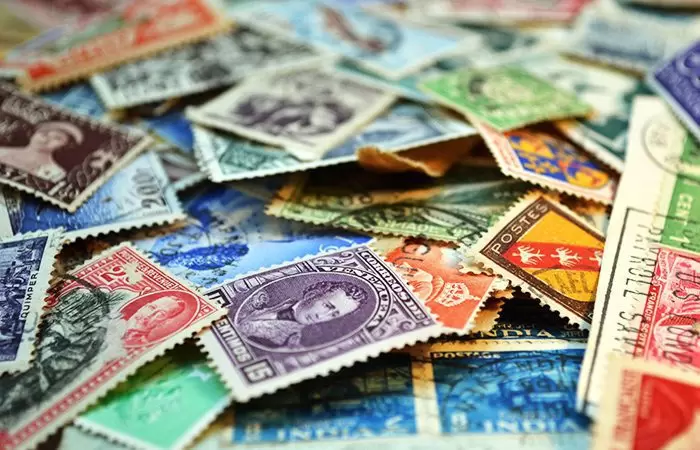- Theme or Focus: Decide on a theme or focus for your collection. This could be based on geography (e.g., stamps from a specific country or region), historical events, famous personalities, nature, sports, or any other topic that interests you.
- Quality: Strive to collect stamps in the best possible condition within your budget. Look for stamps with clear, undamaged designs, intact perforations, and original gum (for mint stamps). Avoid stamps with tears, creases, stains, or heavy cancellations unless they are rare or historically significant.
- Authenticity: Ensure that the stamps you acquire are genuine and not counterfeit or forged. Educate yourself on the characteristics of authentic stamps and be cautious when purchasing stamps from unfamiliar sources, especially online.
- Catalogs and References: Invest in philatelic catalogs and reference materials to learn more about stamps, their varieties, and their values. Catalogs such as the Scott Catalogue, Stanley Gibbons Catalogue, and Michel Catalogue provide comprehensive information about stamps from around the world.
- Storage and Preservation: Store your stamps in archival-quality albums, mounts, or sleeves to protect them from damage caused by light, humidity, and handling. Avoid using adhesive hinges or tape, as they can leave residues and damage the stamps over time.
- Research and Education: Take the time to research and learn about the stamps you collect. Understand the historical context behind them, their printing methods, and any interesting facts or stories associated with them. Joining stamp clubs or online forums can also provide valuable insights and opportunities for networking with other collectors.
- Networking and Trading: Engage with other stamp collectors through clubs, exhibitions, and online communities. Participate in stamp trading or swapping activities to expand your collection and acquire stamps that are missing from your inventory.
- Budgeting: Set a realistic budget for your stamp collecting hobby and stick to it. Determine how much you are willing to spend on acquiring stamps, supplies, and reference materials, and prioritize your purchases accordingly.
- Patience and Persistence: Stamp collecting is a journey that requires patience and persistence. Rare and valuable stamps may not be readily available, and it may take time to build a comprehensive collection. Enjoy the process of discovery and treasure hunting as you add new stamps to your collection over time.
- Enjoyment: Above all, have fun and enjoy the hobby of stamp collecting. Whether you collect stamps for their historical significance, artistic beauty, or as a way to connect with others, let your passion for philately drive your collection journey.

